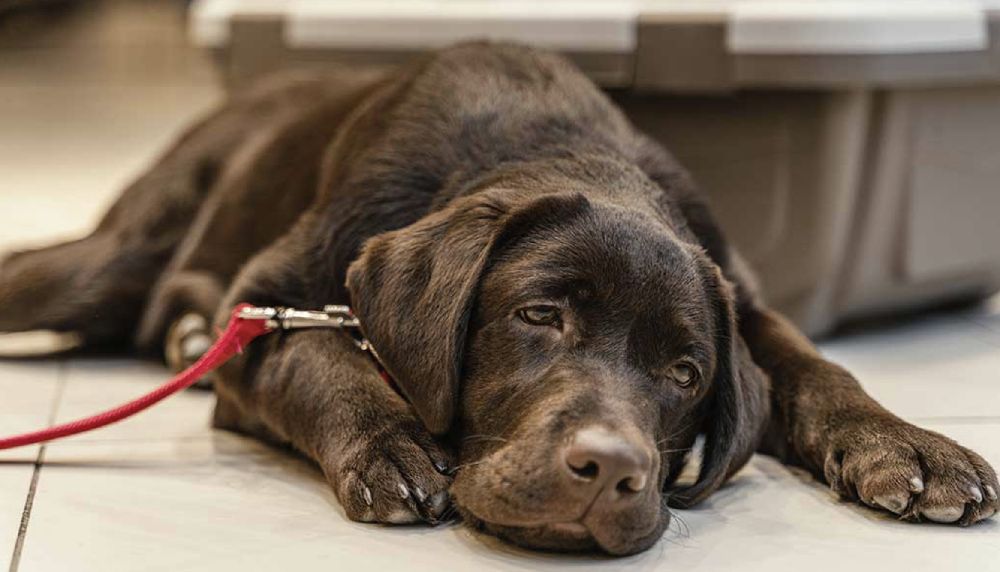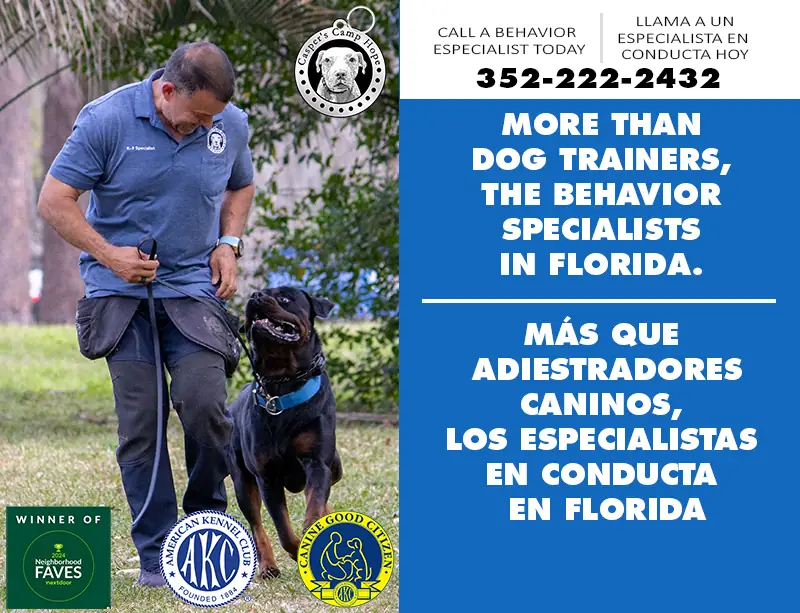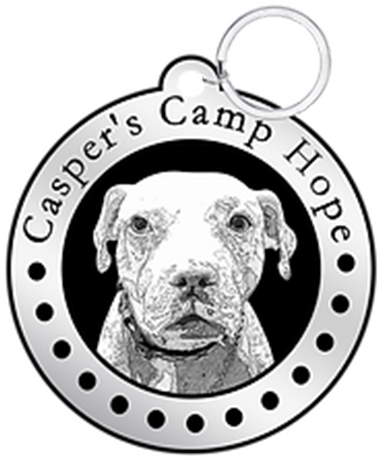As the Florida heat ramps up and our dogs spend more time outdoors, water play becomes a daily routine for many families. While hydration is crucial, there’s a lesser-known risk every pet owner should be aware of: water intoxication. At Casper’s Camp Hope, we prioritize not just training and behavior, but also the overall well-being of your dog. Here’s what you need to know about water intoxication, how to recognize the signs, and what steps you can take to keep your dog safe.
What Is Water Intoxication?
Water intoxication, also known as hyponatremia, occurs when a dog ingests an excessive amount of water in a short period. This dilutes the sodium levels in their blood, leading to dangerous, sometimes life-threatening, symptoms. While rare, water intoxication is most commonly seen in active dogs who love to play fetch or swim for extended periods, especially in pools, lakes, or during hose play.

---
Why Does It Happen?
Dogs can swallow large amounts of water while:
- Repeatedly retrieving toys from water
- Biting at water from hoses or sprinklers
- Swimming for long stretches without breaks
- Playing in shallow water where they lap or gulp water continuously
Because dogs don’t always know when to stop, it’s up to us to monitor their activity.
---
Signs and Symptoms of Water Intoxication
Early detection is critical. Watch for these warning signs, especially after water-based activities:
- **Loss of coordination** (staggering, stumbling, or falling)
- **Lethargy or unusual tiredness**
- **Nausea or vomiting**
- **Bloating**
- **Pale gums**
- **Dilated pupils**
- **Excessive salivation**
- **Difficulty breathing**
- **Seizures or muscle tremors**
If you notice any of these symptoms, seek veterinary attention immediately—water intoxication can progress rapidly.
---
Which Dogs Are Most at Risk?
While any dog can be affected, some are at higher risk:
- **Small breeds** (less body mass means less water needed to cause imbalance)
- **High-energy dogs** who love water fetch or swimming
- **Dogs with obsessive tendencies** (those who won’t stop playing, even when tired)
---
Precautions: How to Prevent Water Intoxication
1. **Monitor Water Play**
Limit sessions in the pool, lake, or with the hose. Take frequent breaks and encourage your dog to rest.
2. **Supervise at All Times**
Never leave your dog unattended during water activities. Be especially cautious with fetch games in the water.
3. **Use Smaller Toys**
Large, solid toys can reduce the amount of water swallowed compared to small, absorbent, or hollow toys.
4. **Train a Reliable Recall**
Practice calling your dog out of the water regularly for breaks.
5. **Hydrate Before Play**
Make sure your dog is well-hydrated before swimming or playing. Thirsty dogs are more likely to gulp water.
6. **Know Your Dog’s Limits**
Some dogs won’t stop on their own. If your dog is especially enthusiastic, you’ll need to enforce playtime limits.
---
What To Do If You Suspect Water Intoxication
- **Stop all water activity immediately**
- **Keep your dog calm and warm**
- **Contact your veterinarian or emergency animal clinic right away**
Prompt treatment can save your dog’s life.
---
Final Thoughts
Water play is a fantastic way for dogs to exercise and cool off, but as with everything, moderation and supervision are key. At Casper’s Camp Hope, we’re committed to educating dog owners on all aspects of canine health and safety. If you have questions about safe play or need guidance on training a reliable recall, don’t hesitate to reach out for a free consultation.
**Remember:** Your dog trusts you to keep them safe—knowing the signs of water intoxication and how to prevent it is a vital part of responsible pet ownership.
---
**For more tips on dog safety, behavior, and training, follow us on Facebook or visit https://www.casperscamphope.com .** 3522222432




